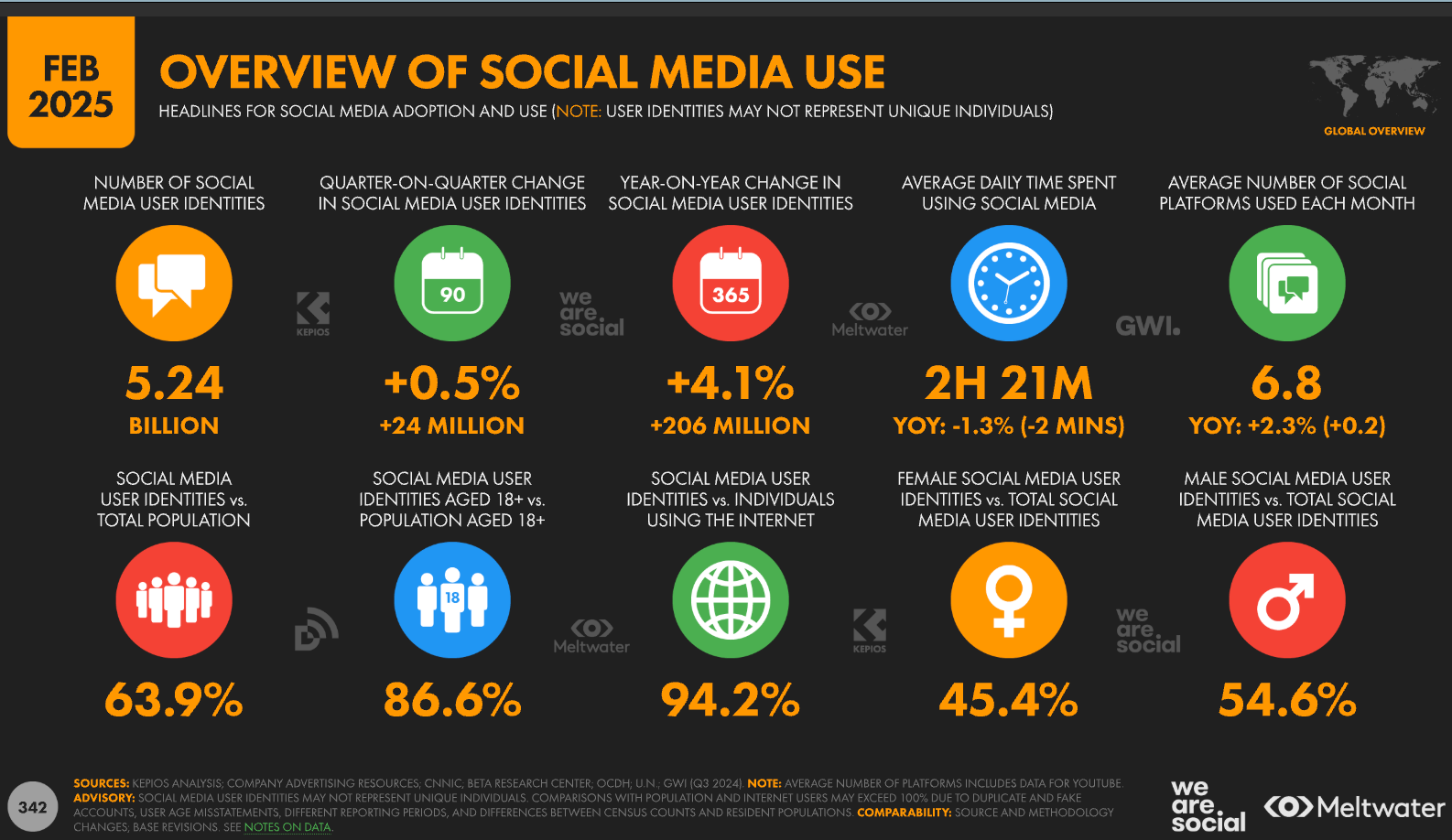Social Media Faces Global Censorship and User Backlash in 2024
Social media faces global censorship, declining engagement, and public skepticism in 2024, marking the age of anti-social media.

The Age of Anti-Social Media: Global Trends and User Backlash
Social media platforms, once seen as the digital town squares of the 21st century, are now experiencing a profound crisis of relevance and trust. In 2024 and early 2025, a combination of government censorship, declining user engagement, and growing public skepticism has ushered in what experts are calling the “age of anti-social media.” Platforms that promised connection and community are increasingly viewed as sources of misinformation, superficial content, and corporate overreach.
Global Censorship and the Splinternet
Governments worldwide have intensified their control over online spaces, with 296 internet shutdowns recorded across 54 countries in 2024 alone—a sharp increase from 283 shutdowns in 39 countries the previous year. Countries like Myanmar (85 shutdowns) and India (84) led the list, often targeting social media during elections, protests, or even school exams. Iraq and Kenya, for example, repeatedly shut down the internet during national exams to prevent cheating.
Major platforms have also faced bans or restrictions. TikTok remains banned in India and on government devices in the US, UK, and Canada due to national security concerns. In Brazil, a court banned X (formerly Twitter) in 2024 for failing to comply with local laws, while Russia continues to block Facebook and X as part of its information controls during the Ukraine war. China’s Great Firewall has long kept Western social media out, pushing users onto state-controlled alternatives.
This fragmentation of the internet—often called the “splinternet”—has become a defining feature of the digital age, with at least 25 countries restricting access to entire social media or messaging platforms to quell dissent or control information.
Declining User Engagement and the Rise of Digital Disconnection
Beyond government intervention, social media is facing a crisis of user engagement. According to a major analysis by research firm GWI, global time spent on social media peaked in 2022 and has since declined by nearly 10%. The trend is most pronounced among young people, who once drove the growth of these platforms but are now leading the exodus.
The nature of social media has also changed. Platforms have shifted from spaces for genuine connection to environments dominated by AI-generated short videos, ultra-edited content, and dopamine-rich but superficial images. The proportion of users who say they use social media to stay in touch with friends or express themselves has declined by more than a quarter since 2014. Instead, more people are opening apps simply to “kill time,” reflecting a shift from conscious to mindless use.
Corporate Reputation and Public Backlash
The decline in user trust is mirrored by a collapse in the reputation of social media executives. Meta’s lawyer recently admitted in a San Francisco court that the company is “widely hated and reviled,” citing jury selection concerns. A Pew Research survey found that 67% of respondents had an unfavorable view of Mark Zuckerberg, a dramatic fall from his 79% approval rating in 2017. Even Elon Musk, often criticized, now enjoys higher favorability ratings than Zuckerberg.
This backlash is not just about individual leaders but reflects broader concerns about privacy, misinformation, and the addictive design of social media apps. Users are increasingly aware of how their data is used and how algorithms manipulate their behavior.
Industry Impact and Future Outlook
The combined effects of censorship, declining engagement, and reputational damage are forcing social media companies to rethink their strategies. Some are investing in AI moderation tools, while others are experimenting with decentralized platforms or ad-free experiences. However, the trend toward digital disconnection and government control suggests that the era of open, global social media may be coming to an end.
As the world moves toward a more fragmented and regulated internet, the promise of social media as a tool for connection and democracy is being replaced by a reality of surveillance, censorship, and user disillusionment. The age of anti-social media is not just a trend—it is a fundamental shift in how we interact with technology and each other.
Image Credits:
- Internet Shutdowns 2024: Views4You
- Social Media Usage Decline: GWI
- Mark Zuckerberg Unfavorable Rating: Pew Research



